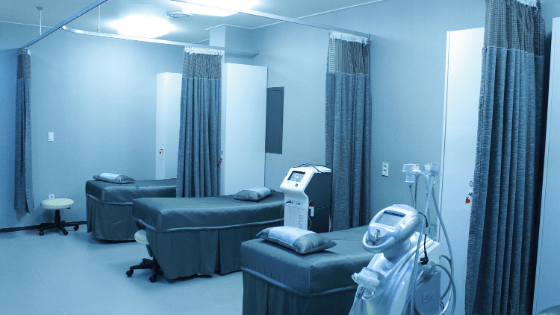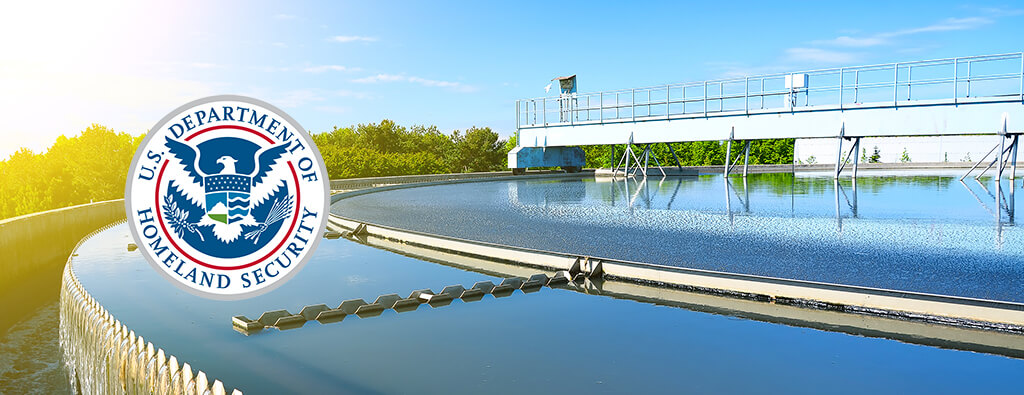Background
On March 13, 2020 the President declared the ongoing Coronavirus Disease 2019 (COVID-19) pandemic of sufficient severity and magnitude to warrant an emergency declaration pursuant to section 501(b) of the Robert T. Stafford Disaster Relief and Emergency Assistance Act, 42 U.S.C. 5121-5207. This declaration makes available to state, territorial, tribal, and local government entities and certain private non-profit (PNP) organizations, including non-profit hospitals, behavioral health facilities and long-term care facilities, Public Assistance (PA) funding to help defray the costs associated with the ongoing response to COVID-19.
The following is a brief description of what types of costs (specific to healthcare) are potentially eligible for reimbursement under this declaration.
Eligible Costs
Costs potentially eligible for reimbursement under this declaration are those expenses that fall under the FEMA Category B, Emergency Protective Measures expense category. A few examples of these costs are:
- Labor/supply costs for mass care operations
- Measures taken to protect patients and staff
- Overtime paid to employees caring for COVID-19 patients Costs of PPE associated with COVID-19
- Costs for contractors performing emergency protective work Other costs the hospital would not normally incur during regular operations
- Costs associated with isolation of employees exposed to COVID-19 during patient care
What Should We Do Now?
As your facility prepares to receive COVID-19 patients, you should begin tracking costs by setting up cost centers to capture disaster-related charges such as:
- Labor
- Supplies
- Pharmaceuticals
- Equipment
Even if your facility never encounters a COVID-19 patient, the costs you incurred to prepare may be eligible for reimbursement.
Can A Vendor Help Us With This Process?
Due to the strain on healthcare entities and the extreme complexity of federal disaster reimbursement guidelines, these entities are encouraged to contract with an experienced vendor to provide oversight and advocacy on their behalf through the PA reimbursement process.
Vendor costs are eligible for reimbursement under this declaration.
Federal procurement regulations permit entities to issue emergency contracts for exigent circumstances. After the issuance of a temporary emergency contract, your normal procurement procedures must be followed, usually through the issuance of an RFP to replace the emergency contract with a competitively bid award. The RFP must meet all the requirements of federal procurement as defined under 2 C.F.R. § 200.317-326.
Download «What the COVID-19 Emergency Declaration Means for Healthcare»
Please contact us for additional information and guidance.



